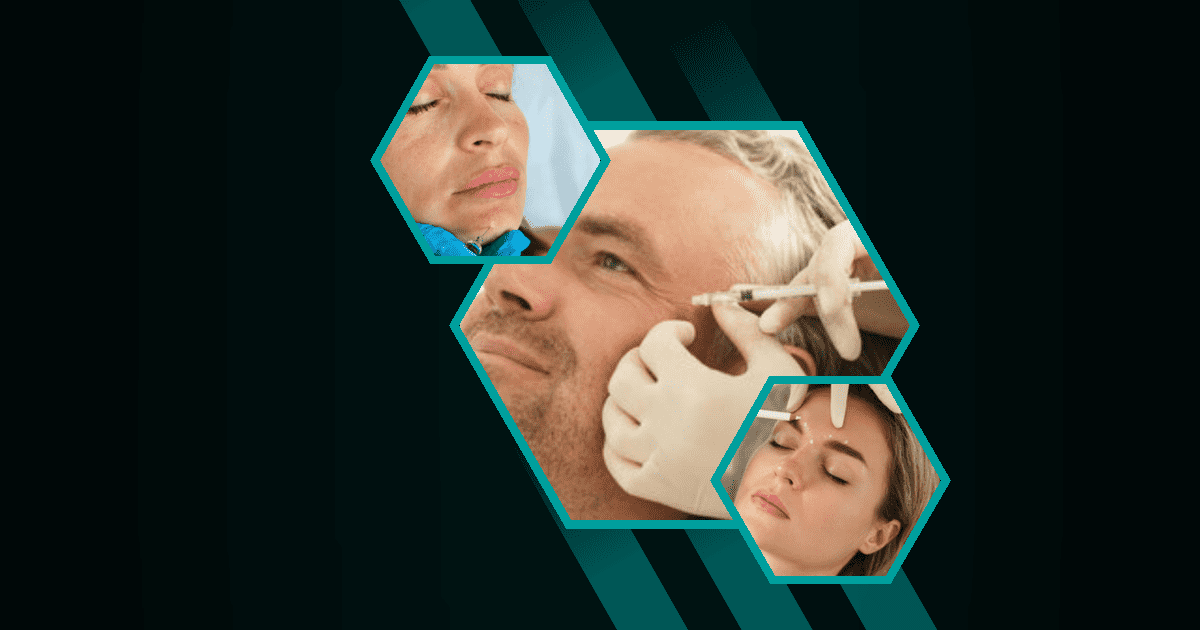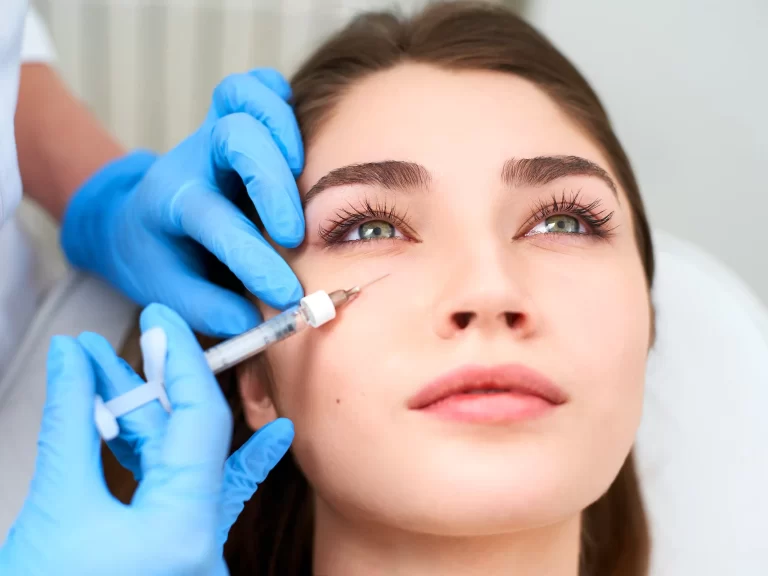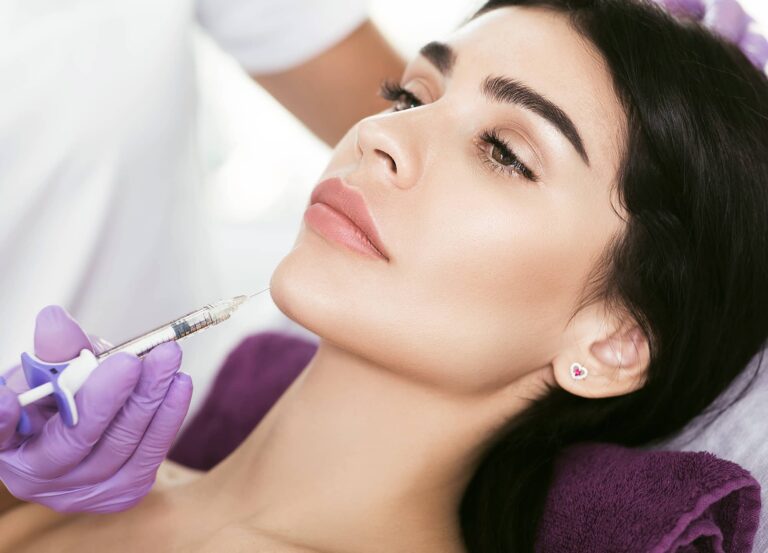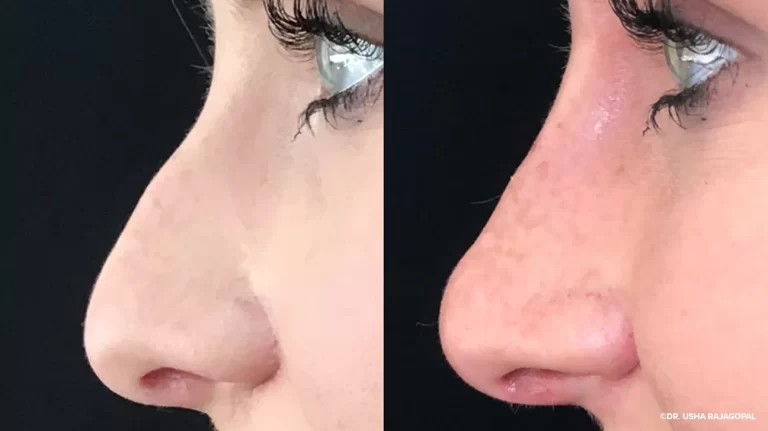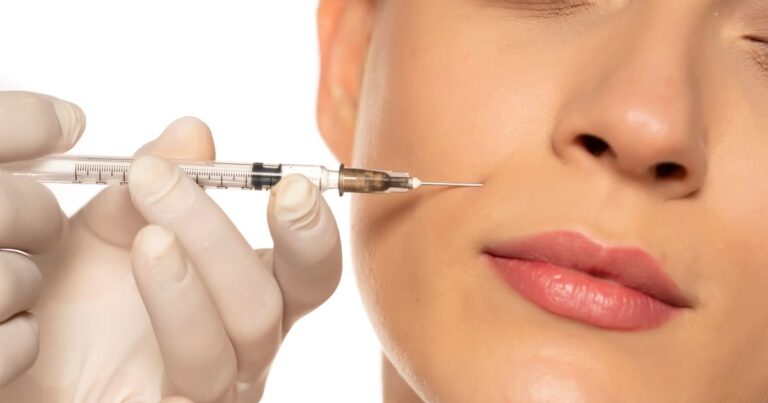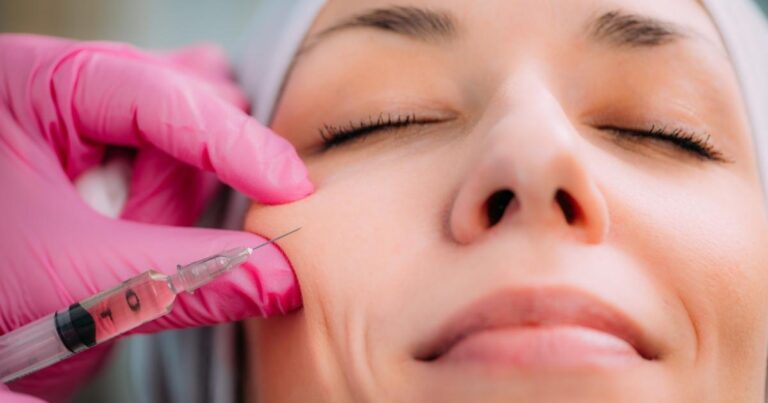In the world of cosmetic enhancements, Fillers vs Botox are two of the most popular treatments. Both offer unique benefits, but understanding their differences is crucial for making an informed decision. This comprehensive guide will delve into the specifics of each treatment, helping you choose the best option for your needs.
What are Fillers and Botox?
Fillers are injectable substances used to add volume and fullness to the skin. They are primarily composed of hyaluronic acid, a naturally occurring substance in the body that helps maintain skin hydration and elasticity. On the other hand, Botox is a purified form of botulinum toxin, which temporarily paralyzes muscles to reduce the appearance of wrinkles.
Facial Volume Enhancement helps make faces look fuller and younger
it adds plumpness to areas that have lost volume due to aging or weight loss
- Fillers : Made from hyaluronic acid, collagen, or other substances.
- Botox : Derived from botulinum toxin, a neurotoxic protein.
How They Work
Fillers work by plumping up the skin, smoothing out wrinkles, and restoring lost volume. They are injected beneath the skin’s surface to fill in lines and creases. Botox, however, works by blocking nerve signals in the muscles where it is injected. This prevents muscle contractions, leading to a smoother appearance of the skin.
- Fillers : Add volume and smooth out wrinkles.
- Botox : Relaxes muscles to reduce wrinkle formation.
Comparing Fillers and Botox
Key Differences in Application
The application of Fillers vs Botox varies significantly. Fillers are typically used to enhance facial contours, lips, and cheeks, while Botox is primarily used to treat dynamic wrinkles caused by muscle movement, such as crow’s feet and forehead lines.
Book A Consultation With Dr Tarek Bayazid
Top-rated Plastic Surgeon For Fillers in Dubai
Installment Plan Available
- Fillers : Used for volume enhancement and contouring.
- Botox : Targets dynamic wrinkles caused by muscle movement.
Target Areas for Treatment
Fillers are versatile and can be used in various areas, including the cheeks, lips, and under-eye regions. Botox is most effective in areas with frequent muscle activity, such as the forehead, between the eyebrows, and around the eyes.
|
Treatment |
Target Areas |
|
Fillers |
Cheeks, lips, under-eyes |
|
Botox |
Forehead, crow’s feet, frown lines |
Duration of Effects
The longevity of results from Fillers vs Botox differs. Fillers can last anywhere from six months to two years, depending on the type and area treated. Botox effects typically last three to six months, requiring more frequent touch-ups.
- Fillers : Last 6 months to 2 years.
- Botox : Lasts 3 to 6 months.
Benefits of Dermal Fillers
Volume Restoration
Dermal fillers are excellent for restoring lost volume in the face, giving a more youthful appearance. They can effectively plump up sunken cheeks and fill in deep lines, providing a rejuvenated look.
- Restore facial volume.
- Enhance youthful appearance.
Wrinkle Reduction
Fillers are adept at reducing the appearance of static wrinkles, which are visible even when the face is at rest. They smooth out these lines, resulting in a softer, more refreshed look.
- Reduce static wrinkles.
- Smooth out deep lines.
Lip Enhancement
For those seeking fuller lips, fillers offer a non-surgical solution. They can enhance lip volume and shape, providing a natural-looking pout.
- Enhance lip volume.
- Improve lip shape.
Advantages of Botox Injections
Muscle Relaxation
Botox is renowned for its ability to relax facial muscles, which helps in reducing the appearance of dynamic wrinkles. This relaxation leads to a smoother, more youthful complexion.
- Relaxes facial muscles.
- Reduces dynamic wrinkles.
Preventive Anti-Aging
Botox is not only a corrective treatment but also a preventive one. By reducing muscle activity, it can delay the formation of new wrinkles, making it a popular choice for younger individuals looking to maintain their youthful appearance.
- Prevents new wrinkle formation.
- Ideal for younger individuals.
Hyperhidrosis Treatment
Beyond cosmetic uses, Botox is effective in treating hyperhidrosis, a condition characterized by excessive sweating. By blocking the nerves responsible for sweat production, Botox provides relief for those affected.
- Treats excessive sweating.
- Blocks sweat-producing nerves.
Which is Better: Fillers or Botox?
Factors to Consider
Choosing between Fillers vs Botox depends on individual needs and desired outcomes. Factors such as age, skin type, and specific concerns should be considered when deciding on a treatment.
- Consider age and skin type.
- Evaluate specific cosmetic concerns.
Personalized Treatment Plans
Consulting with a qualified professional, like Dr. Tarek, can help tailor a treatment plan that addresses your unique needs. Personalized plans ensure optimal results and satisfaction.
- Consult with a professional.
- Tailor treatment to individual needs.
Cost Comparison: Fillers vs Botox
Average Prices
The cost of Fillers vs Botox can vary based on the type of product used and the area treated. On average, fillers can range from 00 to ,000 per syringe, while Botox typically costs between 00 and 00 per session.
|
Treatment |
Average Cost |
|
Fillers |
00 – ,000 per syringe |
|
Botox |
00 – 00 per session |
Long-term Cost Considerations
While fillers may have a higher upfront cost, their longer-lasting effects can make them more cost-effective over time compared to Botox, which requires more frequent treatments.
- Fillers: Higher upfront cost, longer-lasting.
- Botox: Lower initial cost, more frequent sessions.
Combining Fillers and Botox
Synergistic Effects
Combining Fillers and Botox can provide synergistic effects, addressing multiple signs of aging simultaneously. This combination can enhance overall facial rejuvenation.
- Address multiple aging signs.
- Enhance facial rejuvenation.
Customized Treatment Approaches
A customized approach, often recommended by experts like Dr. Tarek, can optimize the benefits of both treatments, ensuring a balanced and natural-looking result.
- Optimize treatment benefits.
- Achieve natural-looking results.
FAQs
What lasts longer, fillers or Botox?
Fillers generally last longer than Botox, with effects ranging from six months to two years. Botox typically lasts three to six months, requiring more frequent touch-ups.
Can you use fillers and Botox together?
Yes, fillers and Botox can be used together for comprehensive facial rejuvenation. This combination can address both static and dynamic wrinkles effectively.
Are fillers or Botox better for forehead wrinkles?
Botox is generally more effective for forehead wrinkles as it targets the muscle activity that causes these lines. Fillers are better suited for static wrinkles and volume loss.
How often should you get fillers vs Botox?
The frequency of treatments depends on the individual’s needs and the specific product used. Fillers may require touch-ups every six months to two years, while Botox is typically needed every three to six months.
How do I choose between fillers and Botox for my specific concerns?
Consulting with a qualified professional can help determine the best treatment based on your specific concerns and desired outcomes. Personalized advice ensures optimal results.
Are there any age restrictions for fillers or Botox treatments?
While there are no strict age restrictions, these treatments are typically recommended for adults. A consultation can help assess suitability based on individual needs.
Can fillers or Botox be used for medical purposes beyond cosmetic enhancements?
Yes, both fillers and Botox have medical applications. Botox is used for conditions like migraines and hyperhidrosis, while fillers can address certain medical concerns like facial lipoatrophy.

